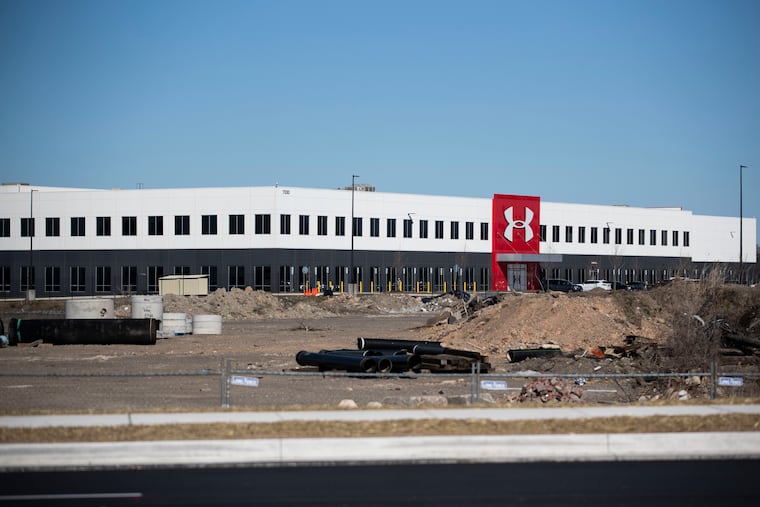Hilco can do better for the refinery community | Editorial
Support for tax breaks and other incentives that have long been standard operating procedure in Philadelphia may be waning, as a recent city school board vote suggests.

The Philadelphia school board’s refusal to sign off on a major tax break for Hilco Redevelopment Partners, the new owner of the former Philadelphia Energy Solutions refinery, was unexpected. But it also could be an unexpected opportunity. Public pressure to reduce Philly’s property tax abatement on new residential construction, rising opposition to public subsidies, including one connected to a proposed Sixers arena, and the board’s recent decision suggest that a shift from offering incentives for development toward asking developers to directly assist host communities may be underway. That would be good news. But absent leadership from elected officials, it will be up to residents, business owners, and organizations to press for more than mere promises.
Even the notable success of some projects receiving tax incentives, such as the Navy Yard, or robust projections for job creation — as many as 19,370, according to Hilco — weren’t enough to persuade the board to renew a Keystone Opportunity Zone (KOZ) designation for the 1,300-acre refinery site. The board’s approval is required by KOZ regulations. The Aug. 20 meeting yielded only four of the necessary five votes; a second attempt to pass the measure is possible Sept. 17. The state’s KOZ program is tailored to spark redevelopment of formerly industrial and otherwise moribund properties like the PES site by abating certain state and local taxes.
» READ MORE: Philly school board rejects tax break for Hilco’s redevelopment of former refinery site
The prospect of Hilco providing a $1.25 million annual payment in lieu of taxes, exceeding what conventional property taxes would generate by 10%, didn’t sway the board. Some members also may have been underwhelmed by the company’s “conceptual master plan” for the site. Released in July, and characterized by one critic as a lost opportunity, it envisions a landscape now dominated by a forest of refining towers to become a landscape dominated by gargantuan warehouses. Hilco also will remove or remediate toxins that permeate the property and have been linked to high rates of cancer in the mostly Black and brown communities nearby.
Tax breaks have essentially become institutionalized in Philadelphia and elsewhere, having long ago morphed from a special economic development strategy to a standard tool. Even well-heeled companies expect them, as the shower of goodies Philadelphia offered to snag Amazon’s so-called “second headquarters” project in 2018 showed. In Camden, a bonanza of incentives beginning in 2013 did spark development, but also led to investigations of lax approval and monitoring requirements.
» READ MORE: Plans reveal Hilco’s intent to reshape Philadelphia refinery landscape
Philadelphia officials say eligibility standards for the state’s KOZ program are rigorous, requiring annual renewal applications and active monitoring. The city is working with Hilco to finalize an economic opportunity plan, a binding document subject to City Council oversight. The company also intends to negotiate a community benefits agreement with neighborhoods along the “fence line” boundaries of the site.
While it isn’t likely an area where oil storage and refining began in the mid-19th century will become a park, residents hope economic revival there will improve, not burden, their neighborhood. A final report on local visions for the site, a project of Drexel University’s Lindy Institute for Urban Innovation and the Clean Air Council, is to be released after Labor Day. It should be required reading at Hilco, whether or not the board takes a second KOZ vote.